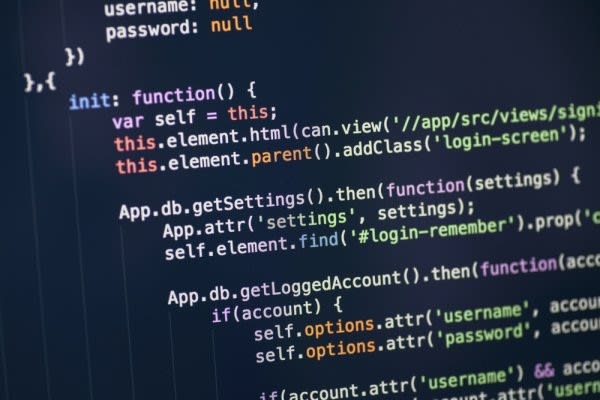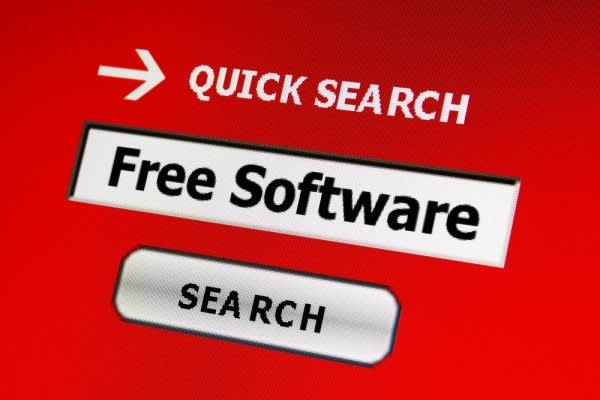Open Source Software? What’s that?
Follow articleHow do you feel about this article? Help us to provide better content for you.
Thank you! Your feedback has been received.
There was a problem submitting your feedback, please try again later.
What do you think of this article?
Open source generally means a product, either hardware or software, that is publically accessible and can be modified freely. Back in the day, the term originated around an approach to creating computer programs, but, today as well as software, open source encompasses products, open exchange initiatives, collaboration, rapid prototyping and other such ideas.
The Source Code
If you come across a software with a source code that you can look at and then alter, then that is open source software. The source code is the ‘meat’ of the software is seldom seen, if you are suitably skilled in programming you can alter this to change how the software functions. Improve it, fix it or add features to it, that’s the benefit of open source, without any legal ramifications.
How is open source different?
There is a plethora of software out there whose source code can only be modified by the people who created it, software such as DesignSpark Mechanical or PCB, or computer games such as Call of Duty are good examples of proprietary or closed source software. Only the originators of proprietary software can legally alter its coding contents, and users of the software generally accept the terms of some form of licencing agreement the first-time the software is used. Open source software is a different animal entirely, the creators of the source code are basically allowing everyone to access the code, change it, copy it, modify and share it with whoever they like.
Examples of open source software include Ubuntu and the Firefox web browser, there are countless other examples of open source software out there to download. There is still a licensing agreement with open source software, but obviously, the terms of that agreement are drastically different to proprietary software.
The licenses for open source are based on the way people use, alter and then redistribute the software, essentially, they can use it for whatever they want. Some licences stipulate that when a modified open source software has been released, those who altered it must also release the source code as well without charging any fee. Open source software licensing is all about sharing and working together, encouraging programmers to access and change the code when using it for their own purpose. Of course, the programmers must then allow others to do the same with their modified version of the software once they release it.
Preferences
Open source can have a multitude of aspects that people will find attractive when compared to proprietary software, such as:
Personal Control; this is one of the primary reasons as to why people will make a bee-line for open source software. You can examine the code to make sure that the software isn’t doing anything unnecessary and change it if it is doing something you don’t like. The non-programming community can also use open source any way they desire and are not beholden to the proprietary licensing agreements.
Education and learning; open source is ideal for those who wish to advance their knowledge as programmers, as it’s freely accessible, trainee programmers can study it and modify and learn how their changes to the code perform. If there are mistakes in the coding found once they have shared the software, then they can learn from this via their peers to prevent them from making the same errors again, collaboration is key.
Safety and security; open source is often considered more secure and stable than proprietary software, simply because the source code can be viewed and modified and any errors can be corrected. These changes can be done without permission from the original authors of the software as would be the case with proprietary software, which speeds up the evolution of the software.
Reliability and Stability; open source is often preferred over proprietary where long-term projects are concerned. As open source programmers distribute their altered source code freely, a user who depends on that code for critical tasks can be assured that their tools won’t simply vanish if the original author decides to draw a line under the software as could happen with proprietary software.
So I can get it for nothing?
Not all the time, programmers who create open source software can charge for their skills during development. Lately, some coders have begun offering chargeable support services, this way the software is still free of charge but obviously, they can then make money from helping users install and troubleshoot the software. Although open source software is generally free to obtain, the skills necessary to program and maintain the source code can be valuable, and lots of companies actively hire programmers experienced in dealing with open source software coding.
Also see the article Licensing Project Materials.





